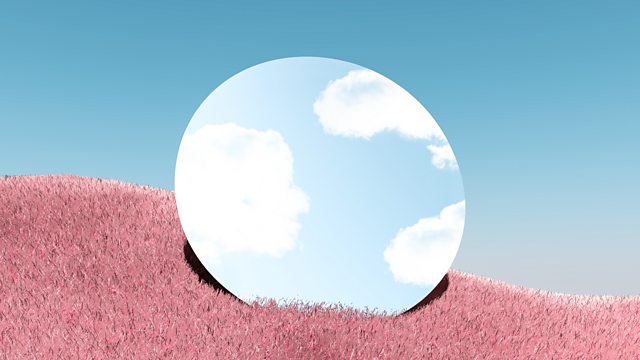Mirror Mirror on the wall: The history of the looking glass
From ancient magical beliefs to scientific discovery - the everyday household object that has inspired humans since time began.
For the Ancient Egyptians they were seen as receptacles for the soul, for the Aztecs they were used to tell the future and for the early Christians, they were an aid for reaching self-knowledge. And mirrors’ key role in the reflection of light led to the development of high-powered telescopes to explore the universe. No human invention has been so closely tied with our sense of self and the world around us. And yet mirrors also have a capacity to deceive us – so how much attention should we give them in our lives, and are we overly obsessed with our image in the mirror?
Joining Rajan Datar to find out more about the history of mirrors is Dr Elizabeth Baquedano, a specialist in the indigenous cultures of Mesoamerica and Senior Honorary Lecturer at the Institute of Archaeology, University College, London. Dr Franziska Kolt, a post-doctoral research fellow in the history of science at the University of York in England, who’s written Alice Through the Wonderglass: the Surprising Histories of a children's classic. And Mark Pendergrast, the author of Mirror Mirror: a history of the human love affair with reflection. With the contribution of Professor Serpil Bagci from Hacettepe university in Ankara in Turkey.
Produced by Anne Khazam for the �鶹������ҳ��� World Service.
(Photo: Mirror reflecting blue sky in digital landscape. Credit: Artur Debat via Getty Images)
Last on
More episodes
Broadcasts
- Thu 21 Apr 2022 09:06GMT�鶹������ҳ��� World Service
- Thu 21 Apr 2022 23:06GMT�鶹������ҳ��� World Service
- Sun 24 Apr 2022 13:06GMT�鶹������ҳ��� World Service
Featured in...
![]()
Technology and innovations—The Forum
Machines, materials and methods that changed how the world works
Podcast
-
![]()
The Forum
The programme that explains the present by exploring the past



